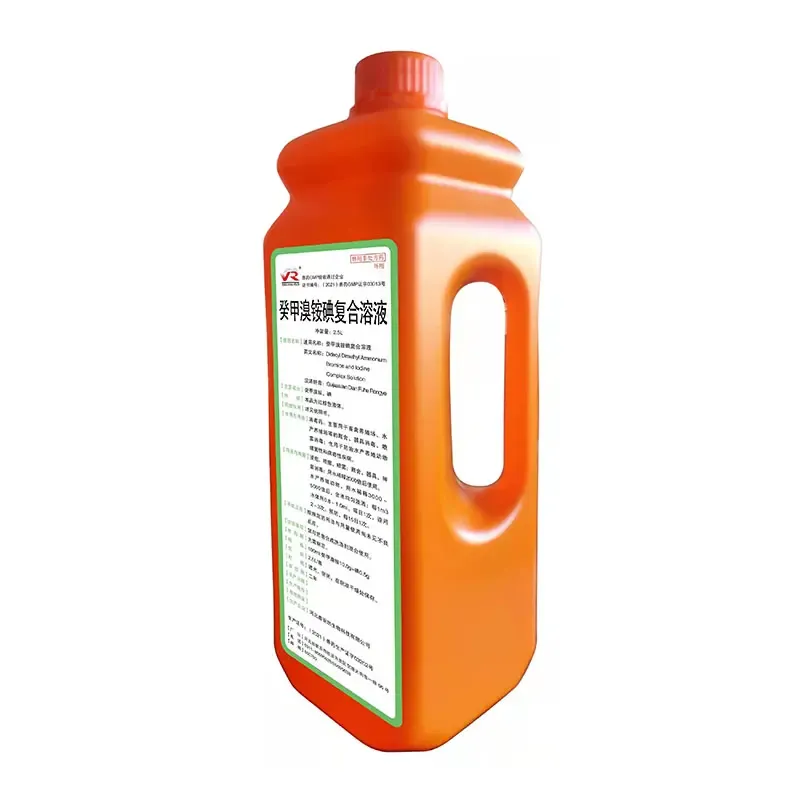- Afrikaans
- Albanian
- Amharic
- Arabic
- Armenian
- Azerbaijani
- Basque
- Belarusian
- Bengali
- Bosnian
- Bulgarian
- Catalan
- Cebuano
- Corsican
- Croatian
- Czech
- Danish
- Dutch
- English
- Esperanto
- Estonian
- Finnish
- French
- Frisian
- Galician
- Georgian
- German
- Greek
- Gujarati
- Haitian Creole
- hausa
- hawaiian
- Hebrew
- Hindi
- Miao
- Hungarian
- Icelandic
- igbo
- Indonesian
- irish
- Italian
- Japanese
- Javanese
- Kannada
- kazakh
- Khmer
- Rwandese
- Korean
- Kurdish
- Kyrgyz
- Lao
- Latin
- Latvian
- Lithuanian
- Luxembourgish
- Macedonian
- Malgashi
- Malay
- Malayalam
- Maltese
- Maori
- Marathi
- Mongolian
- Myanmar
- Nepali
- Norwegian
- Norwegian
- Occitan
- Pashto
- Persian
- Polish
- Portuguese
- Punjabi
- Romanian
- Russian
- Samoan
- Scottish Gaelic
- Serbian
- Sesotho
- Shona
- Sindhi
- Sinhala
- Slovak
- Slovenian
- Somali
- Spanish
- Sundanese
- Swahili
- Swedish
- Tagalog
- Tajik
- Tamil
- Tatar
- Telugu
- Thai
- Turkish
- Turkmen
- Ukrainian
- Urdu
- Uighur
- Uzbek
- Vietnamese
- Welsh
- Bantu
- Yiddish
- Yoruba
- Zulu
Dec . 15, 2024 10:20 Back to list
Dosage Guidelines for Doxycycline Hyclate Treatment of Syphilis Infection
Doxycycline Hyclate Dosage for Syphilis An Overview
Syphilis is a sexually transmitted infection (STI) caused by the bacterium Treponema pallidum. It can present in various stages, including primary, secondary, latent, and tertiary syphilis, each with distinct clinical manifestations. Proper diagnosis and timely treatment are essential to prevent long-term complications, including cardiovascular or neurological issues. Doxycycline hyclate, a tetracycline antibiotic, has emerged as a recommended alternative for treating syphilis, especially among individuals who are allergic to penicillin.
Mechanism of Action
Doxycycline works by inhibiting protein synthesis in bacteria, effectively halting their growth and reproduction. This mechanism makes it a suitable choice for treating various bacterial infections, including syphilis. While penicillin remains the first-line treatment, doxycycline serves as a reliable option for those who cannot receive penicillin due to allergies or other contraindications.
Recommended Dosage
The dosage of doxycycline for treating syphilis varies depending on the stage of the infection. The Centers for Disease Control and Prevention (CDC) guidelines provide the following recommendations
1. Early Syphilis (Primary and Secondary) The treatment regimen for adults and adolescents typically consists of doxycycline hyclate 100 mg taken orally twice a day for 14 days. The duration of treatment is important to ensure adequate drug levels in the body, aiding in the effective elimination of the bacteria.
2. Late Latent Syphilis For late latent syphilis (without evidence of neurosyphilis), the recommended dosage is also doxycycline 100 mg orally twice a day but extended to 28 days. This prolonged treatment is crucial in addressing the more established infection.
3. Tertiary Syphilis For tertiary syphilis patients, the recommendation often still includes doxycycline; however, more comprehensive evaluation and consultation with a specialist may be warranted. In such cases, the duration can vary, and close monitoring is essential.
doxycycline hyclate dosage for syphilis

Considerations for Special Populations
While doxycycline is generally well-tolerated, certain populations may require particular attention. Pregnant women, for instance, should not use doxycycline due to the risk of harm to the developing fetus. In such cases, penicillin remains the treatment of choice. Likewise, pediatric patients under the age of eight should avoid doxycycline, as it can affect tooth development and cause discoloration.
Potential Side Effects
Doxycycline is associated with several side effects, which healthcare providers must communicate to patients. Common side effects include gastrointestinal disturbances such as nausea, vomiting, and diarrhea. Photosensitivity (increased sensitivity to sunlight) is another well-documented effect, and patients are advised to take precautions, such as wearing protective clothing and using sunscreen when outdoors. Additionally, prolonged use of antibiotics like doxycycline can lead to secondary infections, such as yeast infections or antibiotic-associated diarrhea.
Monitoring and Follow-up
After initiating treatment with doxycycline for syphilis, it’s vital to monitor patients for clinical improvement. Follow-up serological testing is typically recommended at 6 and 12 months post-treatment to ensure proper response and resolution of the infection. A fourfold decrease in non-treponemal test titers (e.g., RPR or VDRL) is often used as an indicator of successful therapy. If titers do not decline appropriately, reevaluation and consideration of alternative diagnoses or treatment failure may be necessary.
Conclusion
Doxycycline hyclate is a valuable alternative in the management of syphilis, particularly for individuals who cannot tolerate penicillin. Understanding the appropriate dosages for various stages of the disease and being aware of potential side effects and contraindications is essential for healthcare providers. Regular follow-up and monitoring of treatment efficacy are critical to ensuring patient health and preventing the long-term complications associated with syphilis. As awareness and education about sexually transmitted infections increase, it is crucial to address such conditions promptly, fostering better outcomes for affected individuals.
-
Guide to Oxytetracycline Injection
NewsMar.27,2025
-
Guide to Colistin Sulphate
NewsMar.27,2025
-
Gentamicin Sulfate: Uses, Price, And Key Information
NewsMar.27,2025
-
Enrofloxacin Injection: Uses, Price, And Supplier Information
NewsMar.27,2025
-
Dexamethasone Sodium Phosphate Injection: Uses, Price, And Key Information
NewsMar.27,2025
-
Albendazole Tablet: Uses, Dosage, Cost, And Key Information
NewsMar.27,2025













